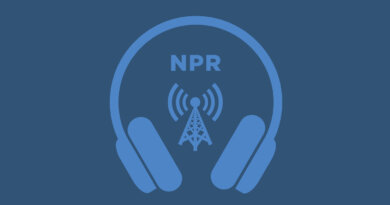When to Stop Feeding Puppy Food
Proper nutrition is vital for puppies, and puppy food has been specially formulated to meet all the nutritional needs of a growing, developing dog. But when should you stop feeding puppy food and make a switch to adult dog food? The short answer is it depends on your puppy.
Dogs are the most diverse species of land mammal, with weights that range from under 1 pound for some of the smallest breeds to over 150 pounds for several of the giant breeds. Because of this great variation, the amount of time it takes for a dog to reach maturity depends primarily on their expected adult size.
When the Dog Stops Growing
Small-breed dogs mature more quickly than the larger breeds and, therefore, do not need to stay on a diet designed for growth and development—a puppy food—as long. The general rule of thumb is that a dog can be transitioned to adult dog food once they are mature, or done growing, and this typically is around the 1-year mark for most small- and medium-sized dogs. For large- and giant-breed dogs, this benchmark is pushed back as these dogs may not finish growing until they are 2 years old.
All Life Stages Formulas
If you have reservations about whether your young dog is ready to transition directly to an adult maintenance formula food, you may want to consider switching to an “all life stages” formula instead. These complete and balanced diets are formulated to meet the AAFCO-defined nutritional requirements for puppies, adults, and pregnant/nursing mothers. That means your dog can stay on an all life stages formula throughout their adulthood as well as puppyhood. However, for dogs weighing over 70 pounds—these are the giant breeds—the AAFCO statement should say, “including growth of large-size dogs (70 pounds or more as an adult)” to keep your big dog happy and healthy.





